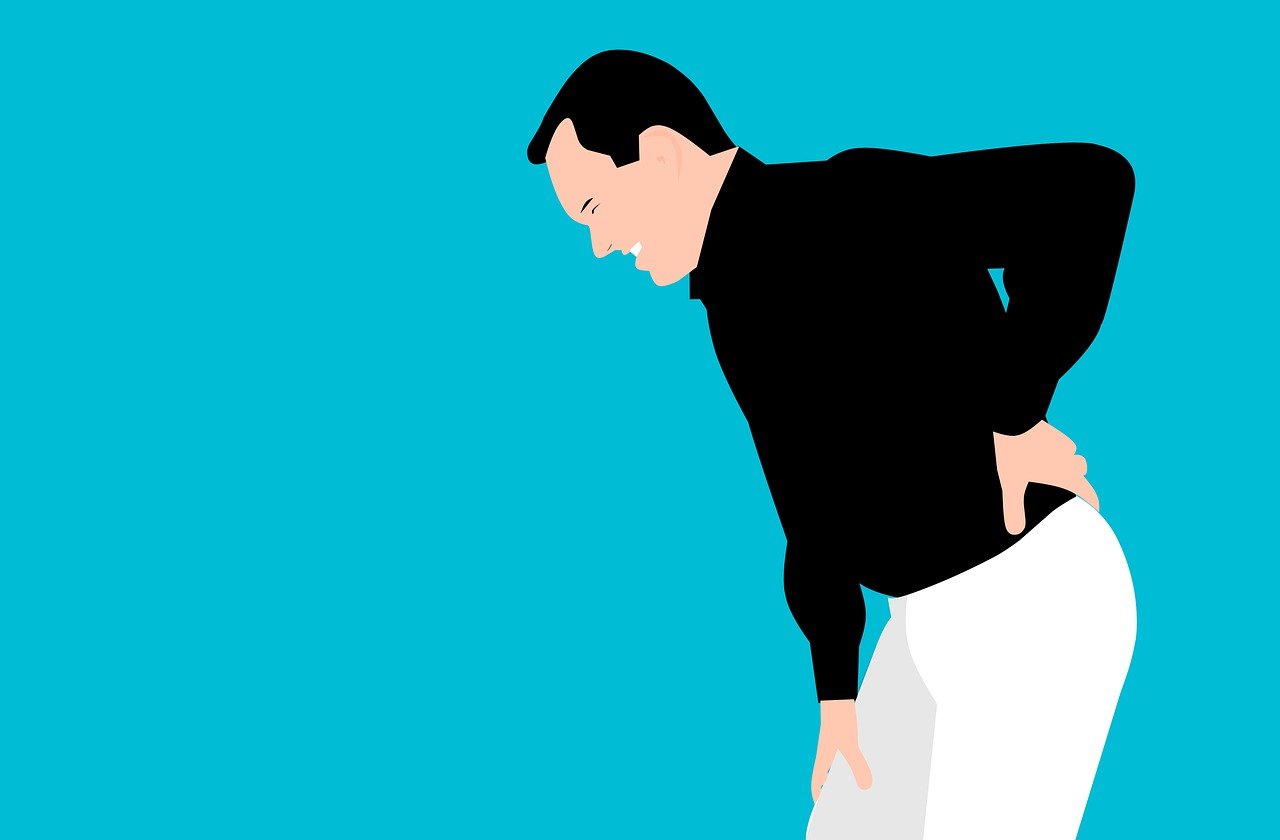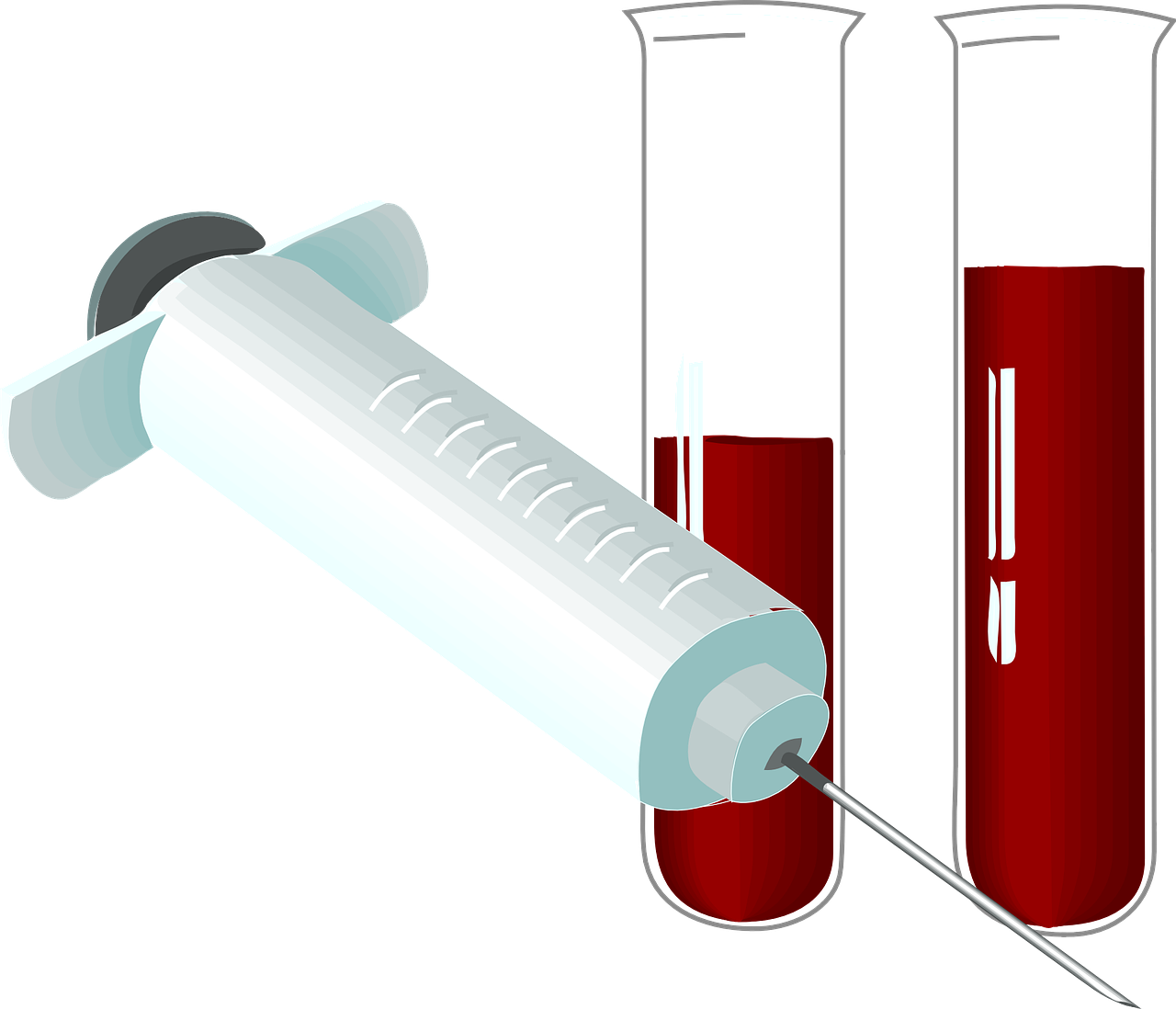
Have you ever woken up in the middle of the night with a throbbing ache in your left shoulder, leaving you puzzled and uncomfortable? If so, you’re not alone. Left shoulder aches at night can be a common and frustrating problem for many individuals. In this article, we will explore the various causes behind this discomfort and discuss potential treatment options to help alleviate the pain, allowing you to have a comfortable and restful night’s sleep. So, if you’re tired of waking up with shoulder pain, keep reading to discover some valuable insights and solutions.

Causes
Muscle strain
One common cause of left shoulder aches at night is muscle strain. This occurs when the muscles in your shoulder are stretched or torn. Muscle strain can happen due to repetitive movements, overuse, or carrying heavy objects. When you have a muscle strain, it can be painful and make it difficult to move your shoulder.
Rotator cuff injury
Another cause of left shoulder aches at night is a rotator cuff injury. The rotator cuff is a group of muscles and tendons that surround the shoulder joint and help stabilize it. Injuries to the rotator cuff can occur from falls, accidents, repetitive overhead activities, or degeneration over time. When the rotator cuff is injured, it can lead to pain and discomfort, especially when you lie down at night.
Frozen shoulder
Frozen shoulder, also known as adhesive capsulitis, can be another cause of left shoulder aches at night. It is a condition characterized by stiffness and pain in the shoulder joint. Frozen shoulder can develop from injury, inflammation, or certain medical conditions. The pain and stiffness can worsen at night, making it challenging to find a comfortable sleeping position.
Shoulder arthritis
If you have left shoulder aches at night, shoulder arthritis could be a possible culprit. Arthritis is the inflammation of the joints, and it can affect the shoulder joint as well. The most common type of arthritis that affects the shoulder is osteoarthritis, which occurs due to wear and tear of the joint cartilage. People with shoulder arthritis may experience pain, stiffness, and limited range of motion, particularly during rest or at night.
Tendonitis
Tendonitis is another potential cause of left shoulder aches at night. It is the inflammation or irritation of the tendons, which connect muscles to bones. Tendonitis in the shoulder can develop from repetitive overhead motions, poor posture, or aging. It can cause pain and discomfort that is often worse at night, interfering with your sleep.
Bursitis
Bursitis is the inflammation of the bursae, small fluid-filled sacs that cushion the bones, tendons, and muscles in joints. When the bursae in the shoulder become inflamed, it can lead to left shoulder aches at night. Bursitis can be caused by repetitive shoulder movements, traumatic injury, or certain medical conditions. The pain may worsen when lying down, causing discomfort during sleep.
Impingement syndrome
Impingement syndrome occurs when the tendons or bursae in the shoulder become pinched or compressed, causing pain and inflammation. This can happen due to repetitive overhead activities, bone spurs, or structural abnormalities of the shoulder joint. Sleeping on the affected shoulder can exacerbate the pain and lead to discomfort throughout the night.
Poor sleeping posture
Sometimes, the root cause of left shoulder aches at night can be as simple as poor sleeping posture. The way you position your shoulder while sleeping can put unnecessary pressure on the joint or muscles, leading to pain and discomfort. Sleeping on your side with inadequate support or with your arm positioned awkwardly can contribute to shoulder aches.
Referred pain
In some cases, left shoulder aches at night might not directly originate from the shoulder itself. Referred pain occurs when pain is felt in an area different from where the actual problem exists. Conditions such as heart disease, gallbladder disease, or cervical spine issues can cause referred pain to the left shoulder. It is essential to consider these possibilities if your shoulder aches persist or are accompanied by other symptoms.
Pinched nerve
When a nerve in your shoulder becomes compressed or “pinched,” it can result in pain and discomfort. Pinched nerves can occur due to injury, herniated discs in the neck, or degenerative conditions. The pain from a pinched nerve can radiate to the shoulder and worsen at night, interrupting your sleep and causing shoulder aches.
Treatment
Rest and sleep position
If you are experiencing left shoulder aches at night, one of the first steps in treating the issue is to rest your shoulder and find a comfortable sleep position. Avoid sleeping on the affected shoulder and try different positions to alleviate pressure and reduce pain. Experiment with using pillows to provide support and maintain proper alignment while you sleep.
Cold therapy
Applying cold therapy to your shoulder can help reduce pain and inflammation. Ice packs or cold compresses can be used to numb the area, constrict blood vessels, and decrease swelling. Apply cold therapy for about 15-20 minutes at a time, several times a day, especially before bedtime. Be sure to wrap the cold pack in a thin cloth to protect your skin from frostbite.
Heat therapy
In contrast to cold therapy, heat therapy can also be beneficial for relieving left shoulder aches at night. Applying heat to the shoulder helps increase blood flow, relax muscles, and promote healing. You can use a heating pad, warm towel, or take a warm shower to apply heat to the affected area. Remember to avoid using excessive heat and protect your skin from burns.
Over-the-counter pain medication
Over-the-counter pain relievers can be used to manage shoulder pain at night. Nonsteroidal anti-inflammatory drugs (NSAIDs) such as ibuprofen or naproxen can help reduce pain and inflammation. Follow the instructions on the packaging, and if you have any underlying medical conditions or take other medications, consult with a healthcare professional before starting any new medication.
Physical therapy
Physical therapy is an essential part of the treatment for left shoulder aches at night. A skilled physical therapist can assess your condition, develop a personalized treatment plan, and guide you through exercises to improve strength, flexibility, and range of motion. They may also use various techniques, such as manual therapy or electrical stimulation, to alleviate pain and promote healing.
Stretching and strengthening exercises
Performing specific stretching and strengthening exercises can help alleviate left shoulder aches at night. Gentle stretches and range of motion exercises can improve mobility and reduce stiffness. Strengthening exercises target the muscles around the shoulder joint to provide stability and support. It is crucial to do these exercises under the guidance of a healthcare professional to ensure proper form and avoid further injury.
Shoulder injections
In some cases, shoulder injections may be recommended to relieve pain and inflammation. Corticosteroid injections are commonly used to reduce inflammation and provide temporary relief. Hyaluronic acid injections may also be used to lubricate the joint and improve mobility. These injections are typically administered by a healthcare professional and can provide significant relief for individuals with chronic shoulder pain.
Surgical intervention
If conservative treatments fail to alleviate the left shoulder aches at night, surgical intervention may be considered. Depending on the underlying cause, surgical options could include repairing a rotator cuff tear, removing bone spurs, or addressing structural abnormalities in the shoulder joint. Surgery is typically reserved for severe cases or when non-surgical treatments have not been effective.
Alternative therapies
Several alternative therapies may complement traditional treatments for left shoulder aches at night. These therapies include acupuncture, chiropractic care, massage therapy, or transcutaneous electrical nerve stimulation (TENS). While scientific evidence for their effectiveness may vary, some individuals find relief and improved sleep quality through these alternative treatment modalities. Consult with a healthcare professional to explore the suitability of these therapies for your condition.
Lifestyle changes
Making certain lifestyle changes can help manage left shoulder aches at night. Avoid activities that exacerbate shoulder pain, modify your work station to promote good posture, and practice proper lifting techniques. Improving overall physical fitness, maintaining a healthy weight, and engaging in regular exercise can also contribute to better shoulder health. Additionally, managing stress levels and getting enough sleep will promote overall well-being, potentially reducing shoulder discomfort during the night.
By understanding the various causes and treatment options for left shoulder aches at night, you can take proactive steps to alleviate pain, improve sleep, and enhance your quality of life. It is essential to consult with a healthcare professional for an accurate diagnosis and personalized treatment plan tailored to your specific needs. With the right approach and appropriate care, you can find relief and enjoy restful nights free from shoulder aches.






